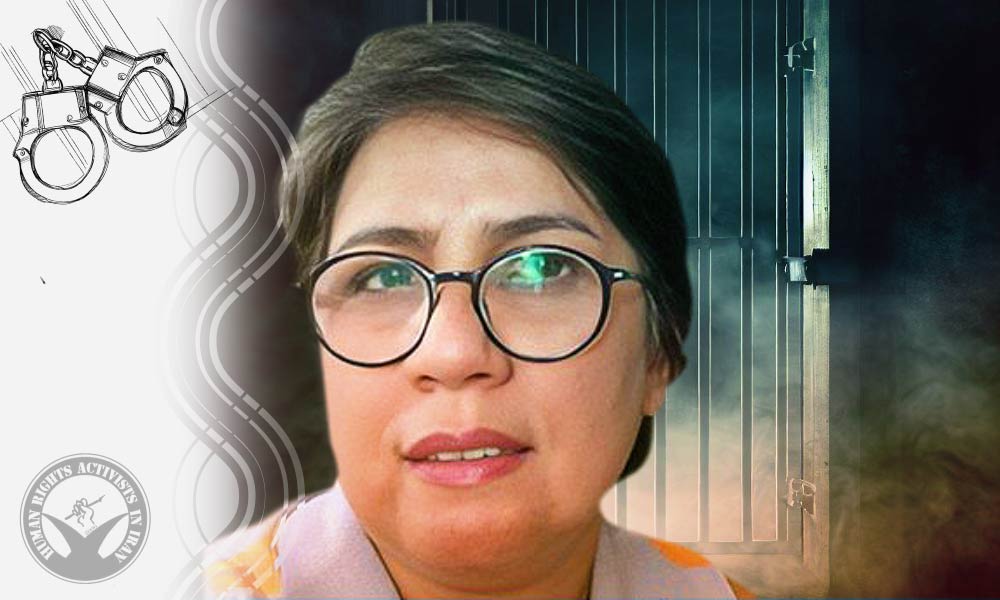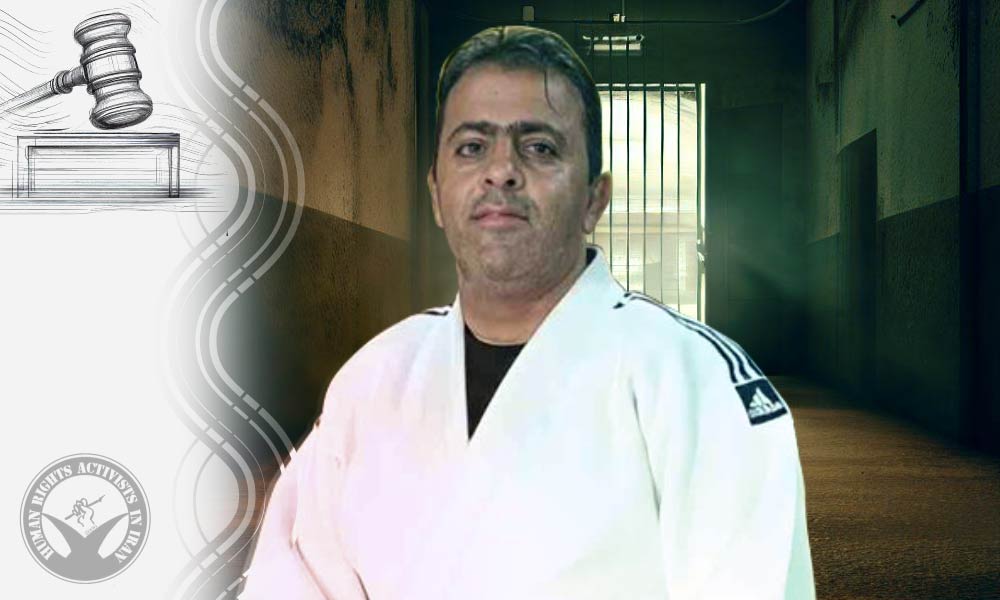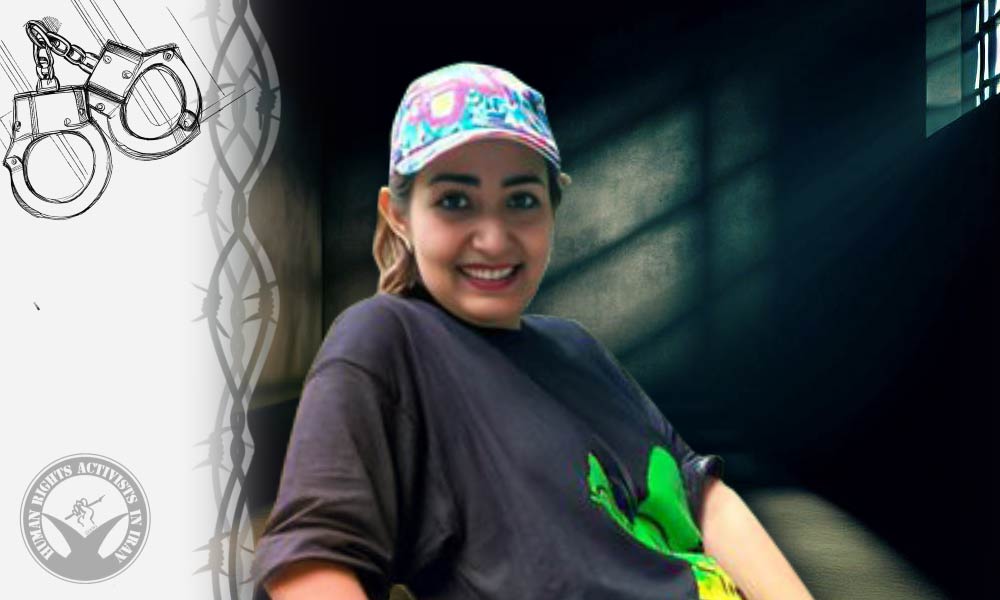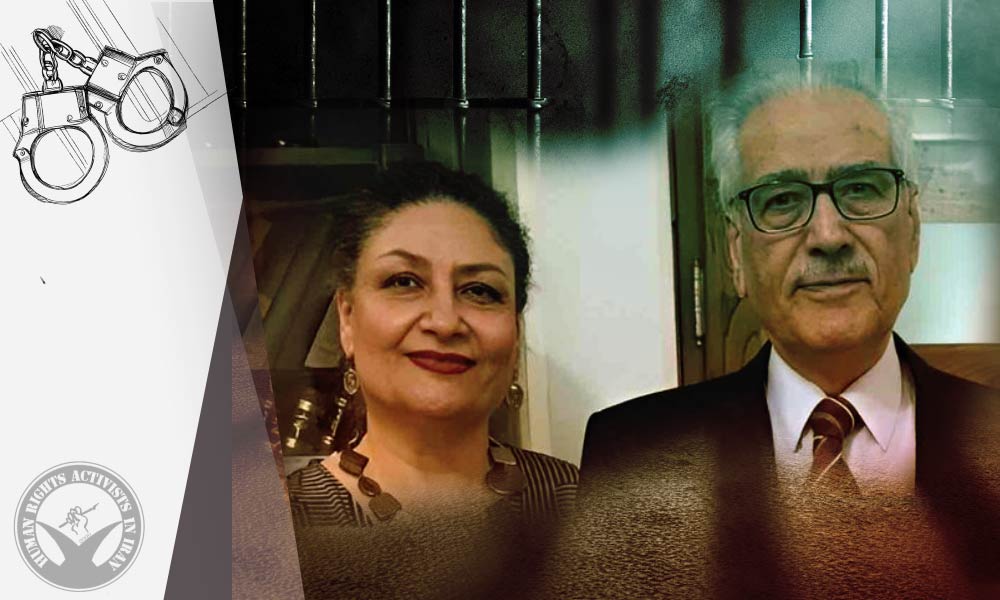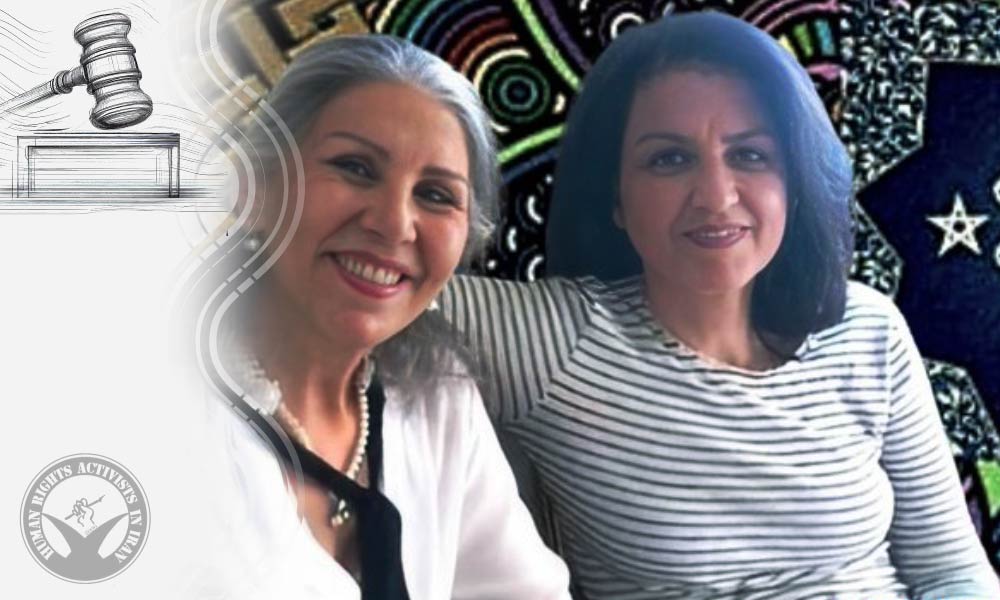Arash Nabavi, a 37-year-old Baha’i community member residing in Isfahan, was apprehended at his residence, on Monday, August 14th, by security forces.
A source connected to Nabavi’s family disclosed to HRANA that a team of five intelligence agents executed the arrest at his home on Monday. During this operation, a thorough search was conducted, leading to the confiscation of various personal items belonging to Nabavi.
Upon contacting the Ministry of Intelligence, his family received information stating that Nabavi is presently undergoing interrogation. The authorities, however, have refrained from disclosing the specific location where he is being held.
HRANA’s annual report has highlighted a concerning trend where, in 2022, 64.63% of reported human rights violations against religious minorities are directed toward the Baha’i community.
The Baha’i faith is not recognized as a legitimate religion by Iranian authorities, leading to systematic and longstanding violations of the rights of Baha’is in the country. This includes the denial of their fundamental right to practice their religion, which constitutes a clear breach of both Article 18 of the Universal Declaration of Human Rights and Article 18 of the International Covenant on Civil and Political Rights. The United Nations covenant holds that every person has the right to freedom of religion, freedom of converting religion, as well as freedom of expression, individually or collectively; openly or secretly.




